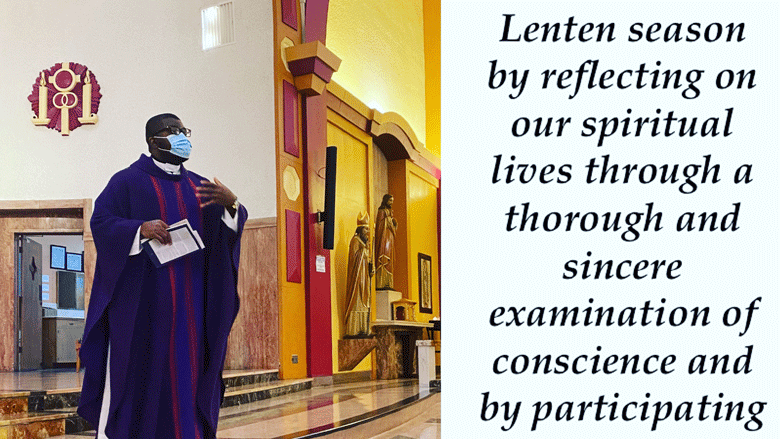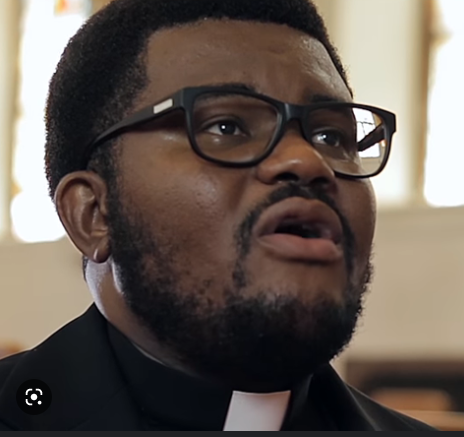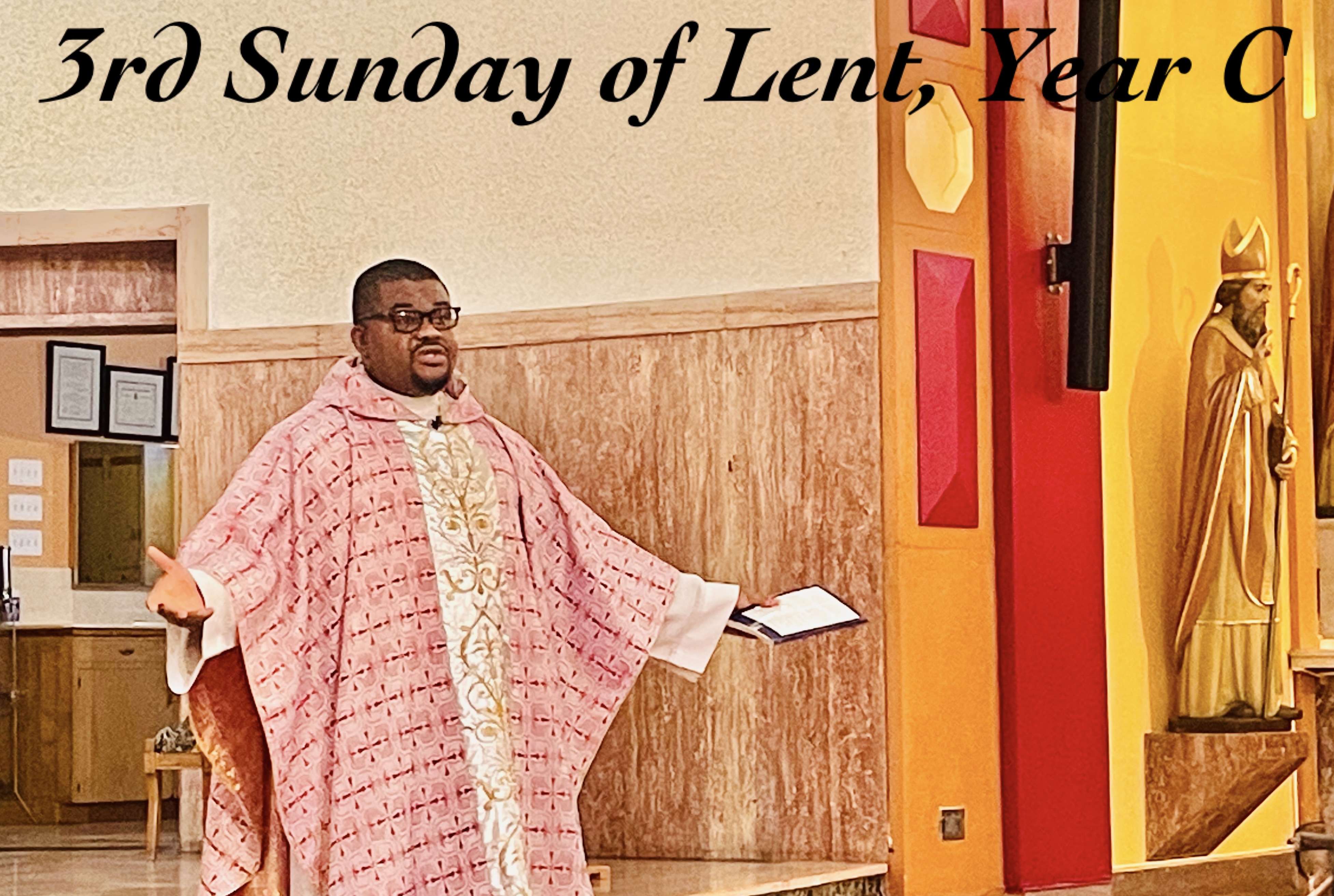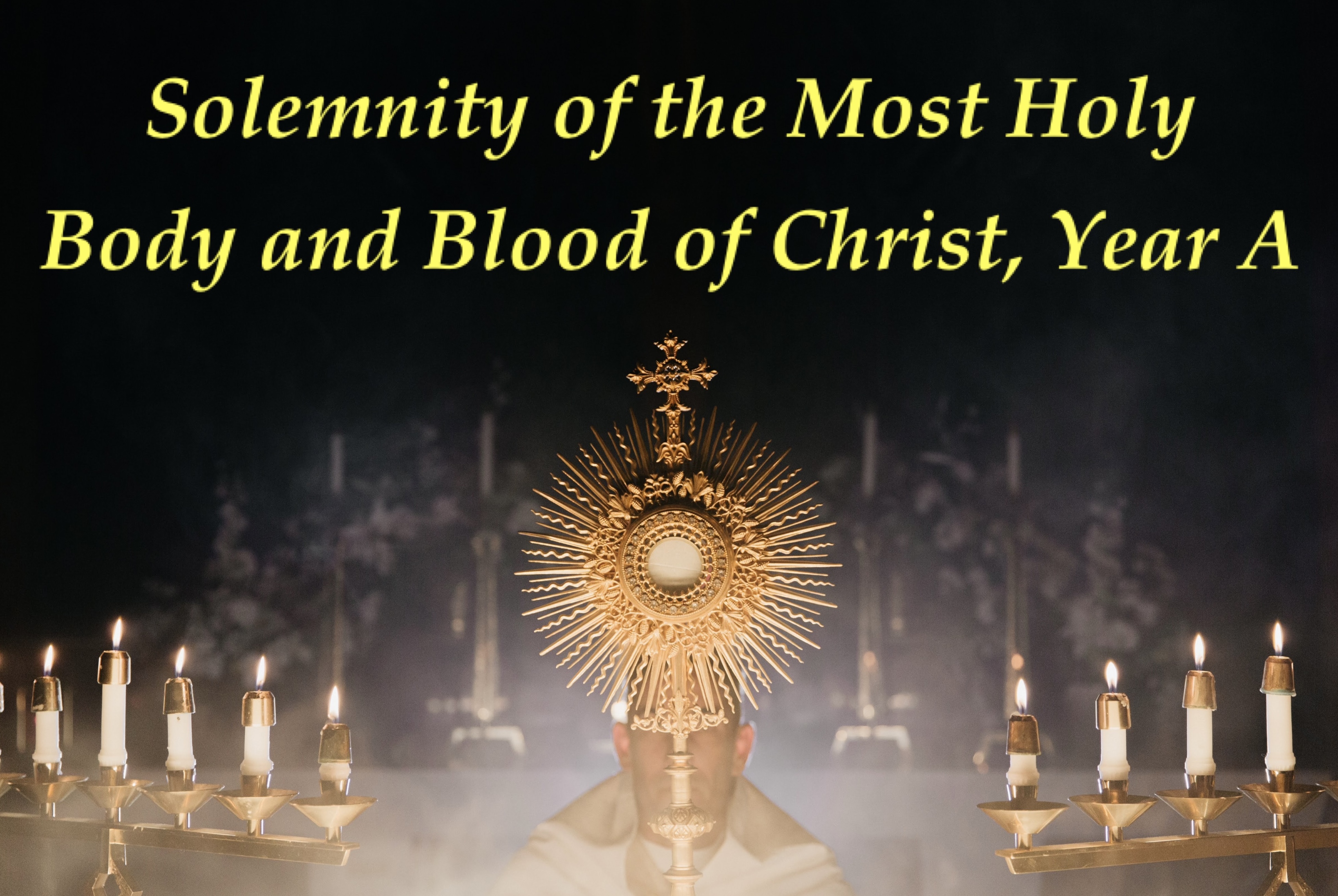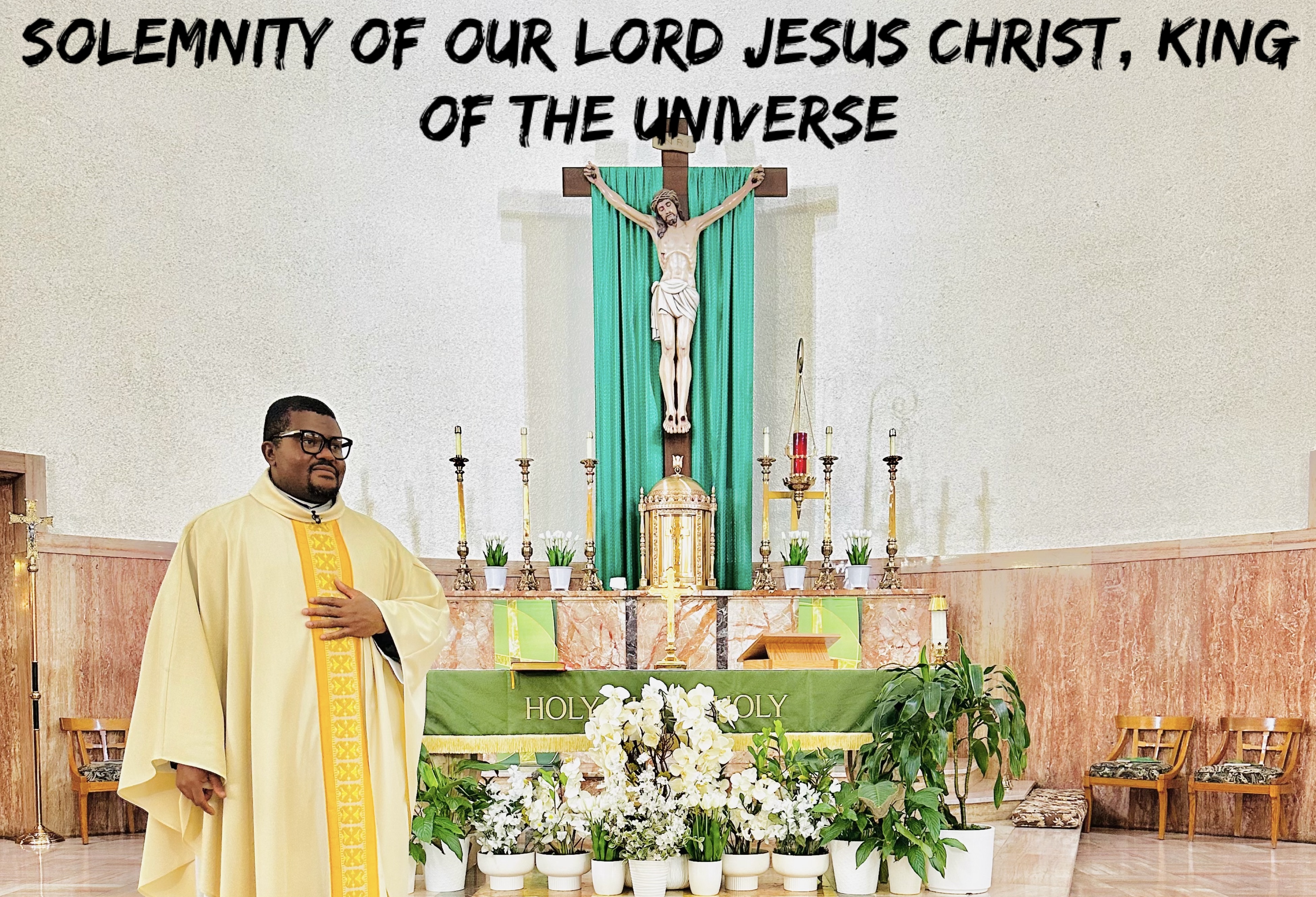3rd Sunday of Lent, Year C
The parable of the fruitless fig tree while emphasizing that Christ is our true mediator with God, reminds us of God’s patience, infinite mercy and compassion for us. This parable as we can see is also an urgent call for us to repent of our sins, return to the Lord and change our lives. So how can we heed God’s call to repent of our sins, return to Him and change our lives?
Last week we talked about how we can transfigure and change our lives to become better disciples of Christ by
Reflecting
on our spiritual lives and sins, by
Repenting
of these sins; by
Returning
back to God through Prayer, Fasting and Almsgiving and by
Renewing
our lives to be good children of God. So in order to embark on this holy journey of repentance back to God, we have to start this process firstly by REFLECTING on our spiritual lives. Reflecting on our spiritual lives means taking a moment in our busy schedules to rethink the direction our lives are going as Catholic Christians, to find out if we are heading in the right direction to God or if we heading in the wrong direction, away from God. We can take that moment to reflect this Lenten season by practicing a thorough examination of conscience. Remember it is very important for every good Catholic Christian to have an examination of conscience that is thorough and sincere. Why? Because this will help us consider what sins we are guilty of and make us aware of the sins we have committed and are not aware of. An examination of Conscience is also a chance to develop our consciences as well to become better children of God. Hence, an Examination of Conscience involves reflecting prayerfully on or reviewing prayerfully one's thoughts, words, deeds and omissions in order to identify any sins committed. So how can we make a good examination of Conscience? We can make a good and thorough examination of Conscience by doing the following:
(1) Set aside some quiet time for reflection, to examine your conscience in solitude and silence with God.
(2) Start by praying to the Holy Spirit, asking for help in making a good examination of Conscience that will also help you prepare yourself for the Sacrament of Confession later.
(3) Read through the Scripture; particularly, the Ten Commandments and Beatitudes and honestly reflect on your behavior for each of them.
(4) Find out what sins you have committed especially your Mortal sins. Remember that a mortal sin is committed when there is:
Full Knowledge
of the sin committed - that the act (thought, word or omission) was wrong and contrary to God’s will; that there is
Full Consent
(which means that we know it is a sin and intentionally committed it without being forced to do so by anyone); and that it is a
Grave Matter
(which means that it is contrary to anything under the Ten Commandments and the Precepts of the Church). If any of these three conditions are not met, then the sin is to be known as venial.
(4) Then going to the Sacrament of Reconciliation to confess our sins, to ask God for pardon and forgiveness and to receive Absolution from the priest. It is a very good idea to confess all our venial sins as well, because they are sins too and like all sin, they offend God Who deserves all of our love. Also confessing our venial sins helps us to be more sensitive to God and more faithful in our love to Him.
So my brothers and sisters, let us go back to God this Lenten season by reflecting on our spiritual lives through a thorough and sincere examination of conscience and by participating in the Sacrament of Reconciliation.

